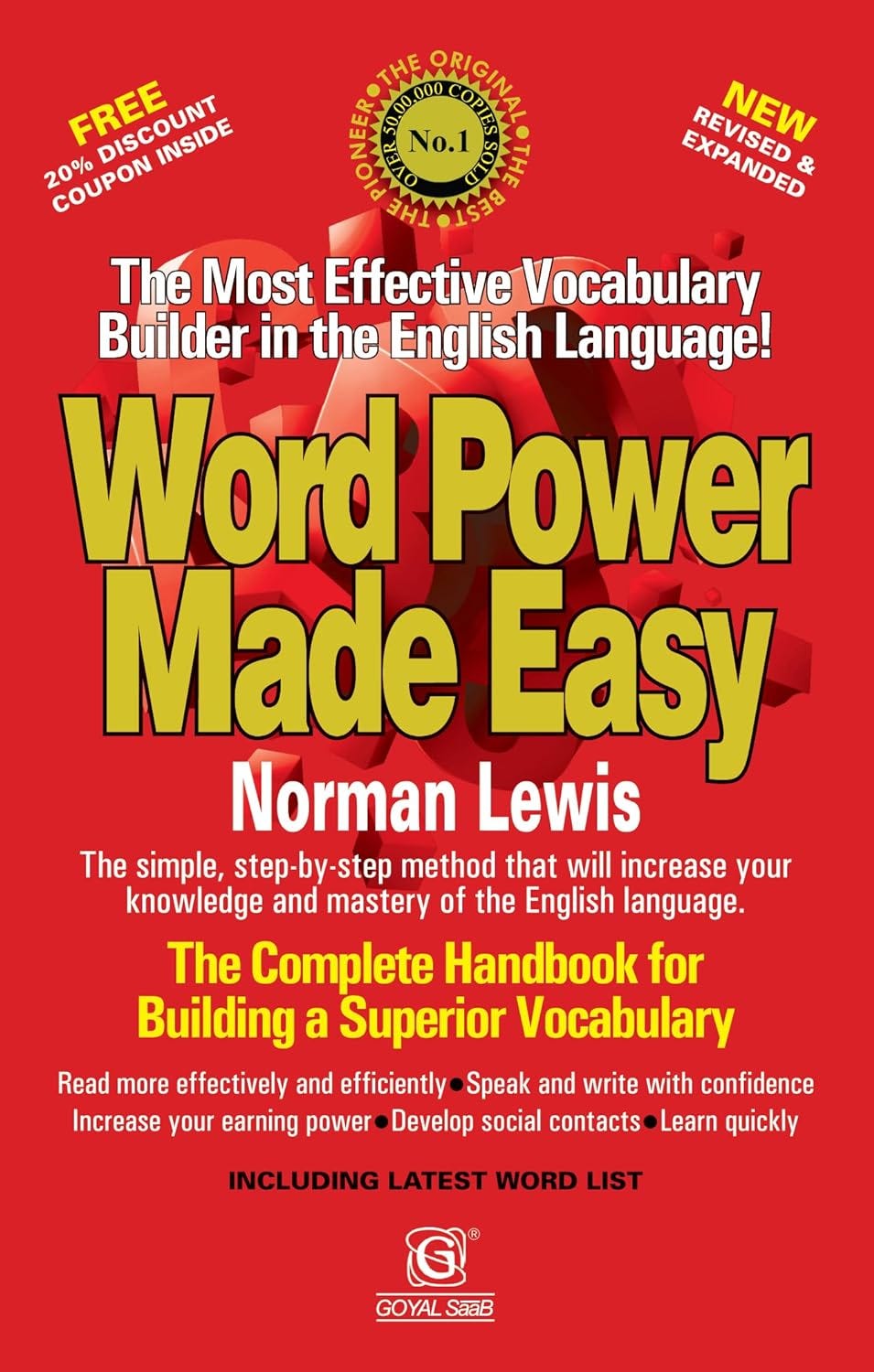The Word-Power Summer
"Prefixes, suffixes, synonyms, antonyms, etymological stories, memory hacks—these filled that summer of logophilia."
For the last two years of school life, the idea of summer holidays evaporated. There were tuition classes for Physics, for Chemistry, for Maths. Extreme competitiveness, cultivated desperately by parents, fearfully by self, and tactfully by tutors, ensured that the schedule was unrelenting. The sun had its Hydrogen and Helium, I had my Hercules bicycle, and we jostled every day on Muzaffarnagar’s hot streets. Inside a designated room in the tutors’ houses, ten, twenty, thirty students congregated. Air conditioning was still a big-city concept. Desert coolers led to a scramble for the draft-facing seats, and this too only when the classes were outside the two-to-five-p.m. power cut. If the moaning grew loud, or if a quip was made about the tutors making enough to have a generator installed, a stern speech would inevitably remind us of what success demanded—stoicism and sharpness. We were all individually and completely responsible for an enormity that overwhelmed everything: the future, our future. The present was to be burnt in its service.
The good ones, like me, escaped into the sanctuary of government-subsidised, residential engineering programs. I landed in MNIT Jaipur, where an entire semester could feel like a kind of vacation, dotted only by a few nights of exam anxiety. The tyranny of the future relented for close to three years. Stoicism and sharpness were still currency, but there were no restrictions with regard to how loudly you could rant about things. Bonhomie (and mischief) ruled.
In those years, summer vacations meant returning home to Muzaffarnagar, to a habitat that became increasingly alien. Parents wouldn’t know what to probe you about, or what advice to proffer. Meetings with school friends turned to brag matches about how your college experience was livelier than theirs. Boredom was the main theme of those vacations, but they were also true leisure, a time outside time, a portal for playing all alone.
The very first one made me return to an old, repressed love. That of English. Though this love was a result of enjoying prose and poetry from the English textbooks more than any theorem or law in the sciences, it did not manifest through a return to prose or poetry. It was not possible in Muzaffarnagar to find novels, and I don’t believe I would have read them even if there were. I was becoming an engineer, I had tomes of PCM behind me, and I was proud of being proven as having an analytical mind. My love for English could not be an act of immersion; it had to be an act of parsing. And so, in my second engineering summer, I bought a hundred-rupee copy of Word Power Made Easy by Norman Lewis.
Prefixes, suffixes, synonyms, antonyms, etymological stories, memory hacks—these filled that summer of logophilia. There were notes to make, and so I requested my father, a sugar cane scientist in a government department, to get me something from his stationery supplies. He brought me a red register, in which I wrote down all the words from the Lewis book. But the real joy, the extent and import of which became clear to me much later, was in one simple exercise: I made sentences with those new words. Line after line of awkward composition filled the register. I would challenge myself to include two tricky words in a sentence, then three, then four. The meanings of those sentences could be anywhere on the astounding to absurd spectrum. Sometimes, I concatenated the sentences to make paragraphs, to see if I could maintain some unity of meaning. It required a lot of editing, of course, and a lot of rewriting. The outputs of this creation were completely private. They no doubt owed their intensity to the fact that there was no clear utility to this, that it was pure play. My parents wouldn’t have understood: not the sentences, nor the effort in making them. My father once opened the register and asked me, in Hindi: ‘Are you trying to become a writer-viter?’
In interviews today, when I’m asked about my earliest influences as a writer, I don’t name Norman Lewis. I guess it would be silly to do that. The first proper novels I read and appreciated—Camus’ The Stranger, Kerouac’s On the Road, McCarthy’s The Road—I read during a summer four years after the word-power summer. I obviously liked McCarthy, with his go-to-that-dictionary words, the most. Years later, the man who’s my literary agent today would reject my first novel by calling it full of highfalutin words. Today I regard that moment as one kind of education reaching its limit. That novel is likely to never be published.
Eighteen months after the word-power summer, the tyranny of the future returned. Job placements and/or the next set of competitive exams—these two potent worries clasped entire hostels. Strangely, for me, what I had gained with Word Power Made Easy also funnelled its way towards a kind of utility: some of the exams valued a sound vocabulary.
The above essay was first published in the Indian Express.



Thanks for writing this. I too had a stint with the book as a CAT aspirant. I found the essay very delightful.
And the line "The present was to be burnt in its service". So true.
This was my summer fascination as well! Involving a father again. His gift to me for the summer holidays. I’m told I speak like I read a thesaurus for leisure.. I guess it had a seeping in effect after all! Amused that it was a generational phenomenon!